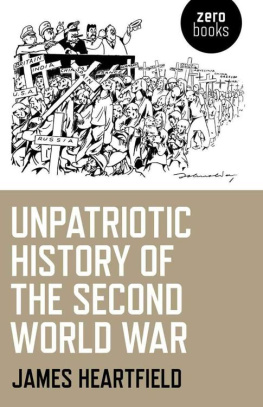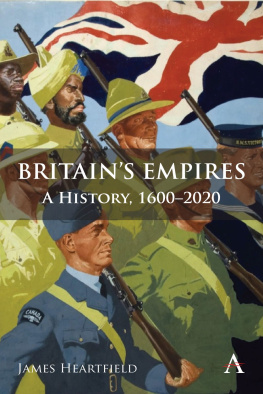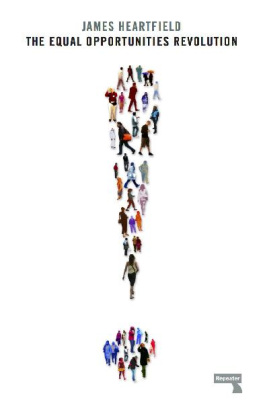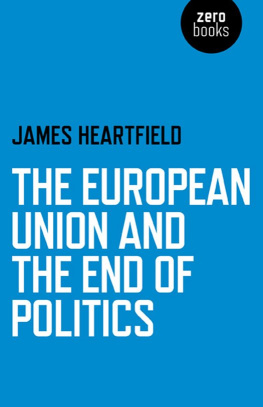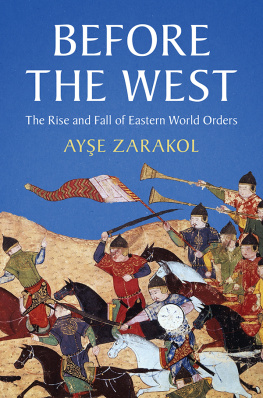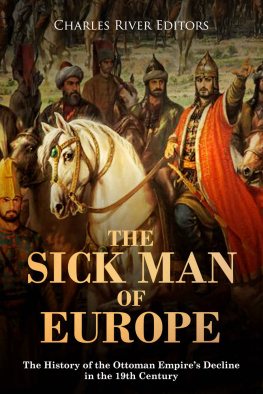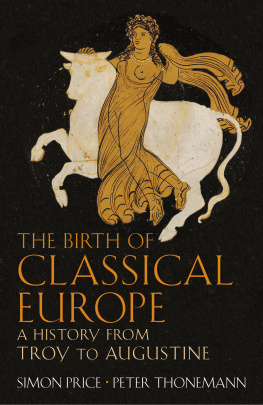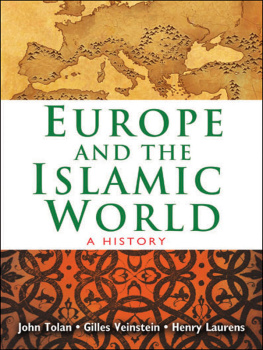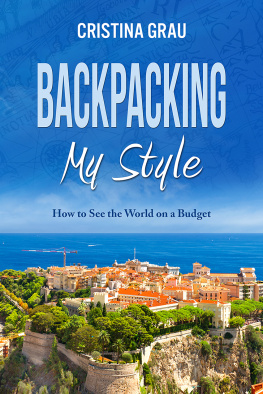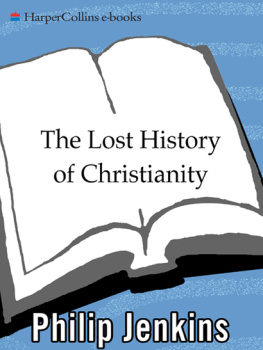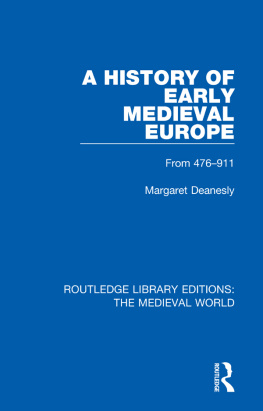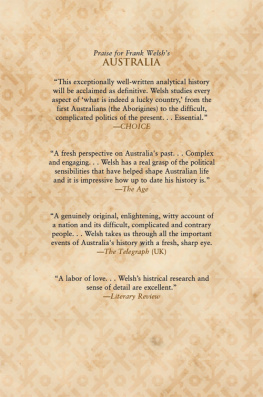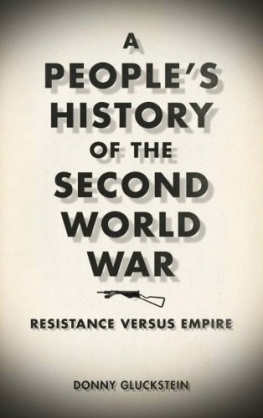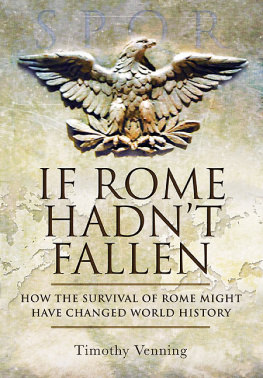An Unpatriotic
History of the
Second World War
An Unpatriotic
History of the
Second World War
James Heartfield
Winchester, UK
Washington, USA
First published by Zero Books, 2012
Zero Books is an imprint of John Hunt Publishing Ltd., Laurel House, Station Approach,
Alresford, Hants, SO24 9JH, UK
office1@jhpbooks.net
www.johnhuntpublishing.com
For distributor details and how to order please visit the Ordering section on our website.
Text copyright: James Heartfield 2011
ISBN: 978 1 78099 378 2
All rights reserved. Except for brief quotations in critical articles or reviews, no part of this book may be reproduced in any manner without prior written permission from the publishers.
The rights of James Heartfield as author have been asserted in accordance with the Copyright,
Designs and Patents Act 1988.
A CIP catalogue record for this book is available from the British Library.
All pictures from the collection of Murray McDonald unless otherwise stated Cover image: The Procession of the Victims, by John Olday, first published by the Freedom Press, 1943
Design: Stuart Davies
Printed and bound by CPI Group (UK) Ltd, Croydon, CR0 4YY
We operate a distinctive and ethical publishing philosophy in all areas of our business, from our global network of authors to production and worldwide distribution.
Introduction
The myth of the Good War
At the conclusion of the First World War, militarism was widely condemned by the intelligentsia, deeply unpopular among working class leaders - a scepticism that entrenched pacifism and socialist anti-militarism in the 1920s and 30s.
In September 1934, US Senator Gerald Nye opened a hearing into the munitions industry in the First World War the merchants of death saying: when the Senate investigation is over, we shall see that war and preparation for war is not a matter of national honour and national defence, but a matter of profit for the few. Neutrality Acts in 1935, 1936 and 1937 forbad US citizens from trading arms with belligerents, and from lending to them. In Britain, in 1933 the sons and daughters of the British ruling class at the Oxford Union voted That this House will in no circumstances fight for its King and Country. In July 1935 Dick Sheppard chaired a meeting of 7000 pledge signatories in the Albert Hall soon 100,000 took the pledge against war. Both the German and Soviet Republics were born out of popular dismay at the losses in the war.
By contrast to the First World War, the Second is seen in retrospect as the Good War. The ideology of the Good War was manufactured from the outset, by radicals who wanted to steer the conduct of the war towards their preferred ends - anti-Fascism, social reform and popular accountability. The entry of the Soviet Union into the war and the mobilisation of partisan armies in Europe reinforced the myth of the Good War. The opening of the death camps identified the Nazi regime with atrocities that allied propagandists never dared allege. Post-war accommodation of popular aspirations like the G.I. Bill and the Home Owners Loan Corporation in America; or mines nationalisation and the NHS in Britain cemented the perception of a social transformation allied with the Peoples War. As time passed, the myth of the Good War became even more intense, as all political traditions, East and West derived their popular authority from interpretations of the war.
The Peoples Democracies of Eastern Europe depended on the Popular War Against Fascism as their founding myth. British socialists derived their ideology from the social revolution of the war. French and Italian Communists vied with Gaullists and Christian Democrats over ownership of the resistance struggle. All of the permanent members of the UN Security Council derived their status from the allied victory. The Israeli state gave an organisational form to the supposed centrality of the Holocaust to the European disaster. US troops stationed in Germany and Japan were policing the post-war settlement, as were the Soviet Troops in Eastern Europe. All relied on the Good War ideology to justify their status, and continued to manufacture ever more black and white versions of it. Successive war-time anniversaries have become a battleground of interpretation for just that reason.
For all that, the Good War is a myth.
The phrase, peoples war was coined by Woodrow Wilson, when he said This is a peoples war, not a statesmens. But Wilson was not talking about the Second World War, he was talking about the First World War, which most people since have come to understand was a Generals and a Bankers war.
It was much more common to talk about the Second World War as a Peoples War. In the Hollywood melodrama of Britains war, Mrs Miniver, the rector of a bombed church is given this speech
This is not only the war of soldiers in uniform, it is a war of the people of all people and it must be fought not only on the battlefield, but in the heart of every man, woman and child who loves freedom. This is the peoples war. This is our war.
The phrase had been taken up by the Chinese Communists fighting against Japan and was later taken up by many radicals seeking to invest the Second World War with a popular purpose, like the Indian Communists who called their newspaper The Peoples War (though many Indians disagreed). It was true in a sense that whole populations were drawn into the war in a way that they had not been in any previous conflict, and indeed that popular identification with the war aims of the participants was far more important. Still the death toll of more than 60 million, 2.5 per cent of the worlds population, suggests that this was a war against the people.
The elites that fought the Second World War had enriched themselves at the expense of their own peoples, but still they needed more. They had run out of ideas about how to grow, and their countries were at a standstill. They silenced their critics at home and left their democratic chambers as empty shells. More and more it seemed to those elites as if the barriers they faced were those raised by other countries, and the solutions to their problems were to be found abroad. They denounced each others trade barriers while raising their own. They demanded territory and resources in far-flung places, and prepared to take or defend them by force. They drove their own people even harder to build the weapons to fight. And they dreamt of seizing the industries of their neighbours. Patriotism turned to hatred for the enemy, as it silenced dissent at home.
Russias entry into the war gave the allies a much needed opportunity to re-brand their war as a Peoples War against Fascism. Though the Communist Party newspaper the Daily Worker had been banned in December 1940, the British took advantage of the change to recruit more radicals into the war effort.
The war when it came was the greatest descent into barbarism ever. Sixty million soldiers and civilians were killed outright, and millions more were starved to death. Under military orders tens of millions were put in the line of fire, dragooned from one end of the world to another in miserable and often terrifying ways. People were enslaved in their millions too, put to work in factories, mines and plantations at gunpoint. Millions more were told where they had to work by officials who fined or imprisoned them if they would not. Almost all the participants put their citizens on rations, sharply cutting back the amount of goods given over to the people, feeding instead their voracious war engines.
At the end of the war eastern and southern Europe was left in the hands of military dictators. Even in Western Europe where ordinary people had fought to free themselves they were disarmed and put under military rule. In the east Vietnam, Korea and Indonesia were invaded a second time and put under European rule. The defeated powers, Germany and Japan faced military occupation and the destruction of their industries. The rest of the world gloated as their guilty people suffered hunger and repression. Not a new beginning, but long years of bitter austerity, not freedom and democracy, but Cold War paranoia and authoritarianism followed the brief victory celebrations.
Next page
